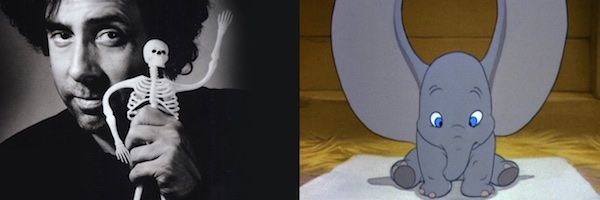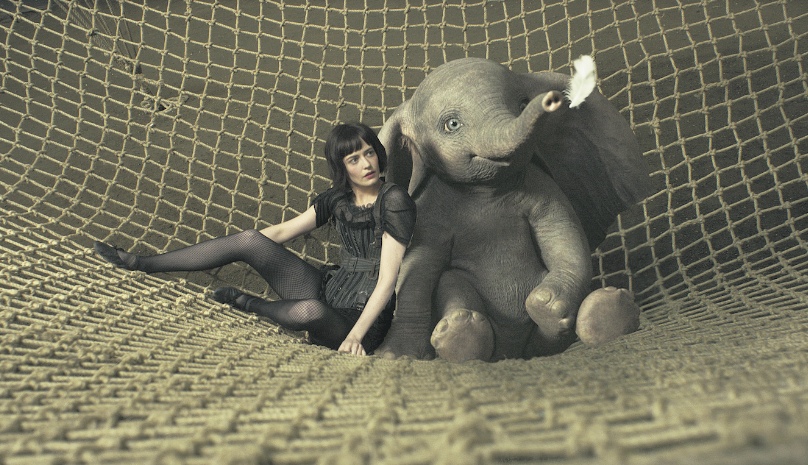
Initially disgusted by his large ears, ringmaster and circus owner Max Medici (Danny DeVito) ignores the little guy and even sells his mother when she becomes violent while defending him. In the film, Dumbo is a baby born to an Asian elephant while in a traveling circus. In the modern era of studio tentpoles that really is becoming as rare as Dumbo’s ears. But despite its commercial tropes, there is something going largely ignored about Tim Burton’s reimagining of the 1941 classic: it has sincere heart and a sense of wonderment. A broken household is made whole by an adventure, precocious kids will defy social conventions in a wholesome and non-transgressive way, and a fairly hypocritical message about the dangers of greed and capitalism will fill out much of the rest of the human drama about a circus troupe in 1919 coming into the possession of a baby elephant who can fly. Yet like human characters in Tim Burton’s Dumbo, it feels like folks are taking it out on the wrong elephant.ĭumbo is doubtlessly the product of a spreadsheet somewhere in Burbank, one with every film in Walt Disney Animation Studios’ catalog (and presumably Pixar’s too), hence its featuring all the trappings of a modern studio family movie.

This industrial reality has seemingly pushed some colleagues in the press to their saturation point since we stand on the cusp of three live-action Disney remakes in 2019-four if you count the Maleficent sequel.

Not when Beauty and the Beast grossed $500 million of its $1.2 billion total in North America alone.

Disney’s accelerated conveyor belt of remakes of beloved animated classics is in no danger of ending soon.


 0 kommentar(er)
0 kommentar(er)
